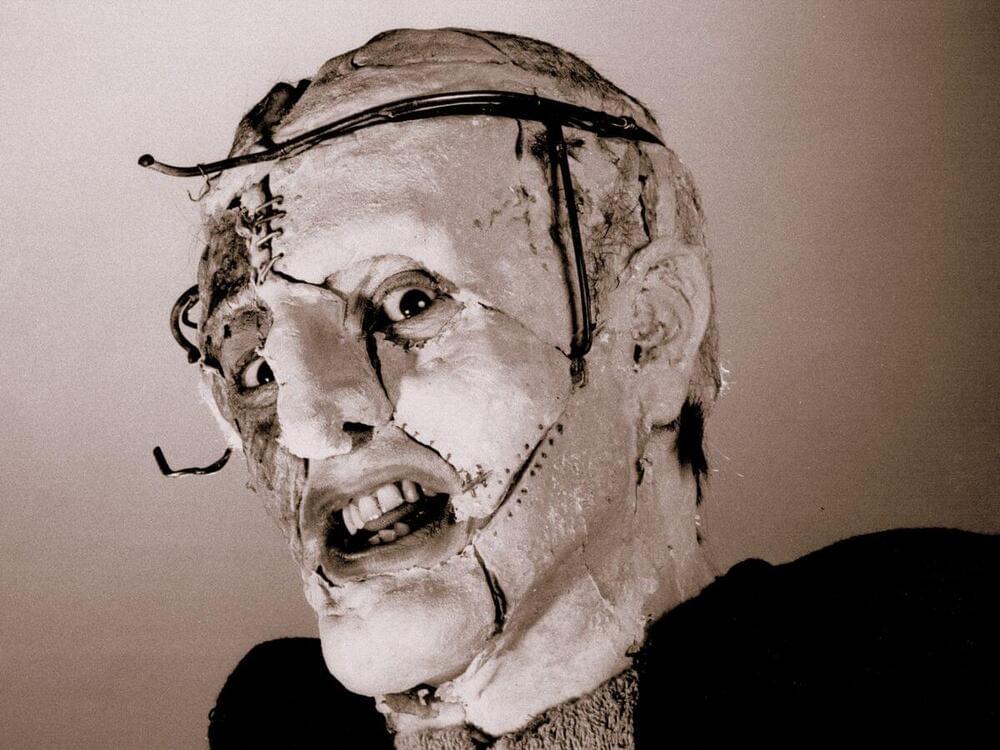A new material was used in a simple snail robot, but it could one day make artificial nervous systems for more complex machines.
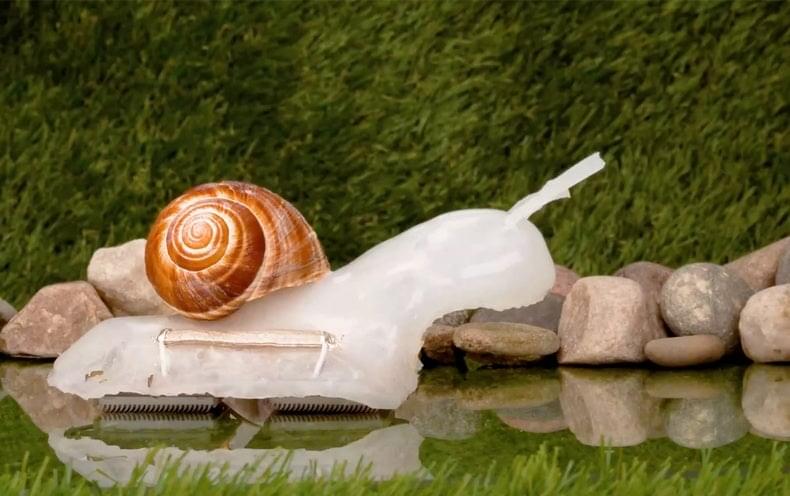

The world’s first fully sustainable robot lawn mower which runs solely on solar energy. No more pollution, no more emission.
The modern quest to automate everything leveraging connected technology has seen the likes of robot vacuum cleaners and other smart-home devices flourish. SunScout, a company based in New Zealand, aims to be at the forefront of this race with its autonomous robot lawn mower fully powered by the sun.
The SunScount Pro promises to be the be-all and end-all for lawn care and boasts of being able to work anywhere in the world.
SunScout.
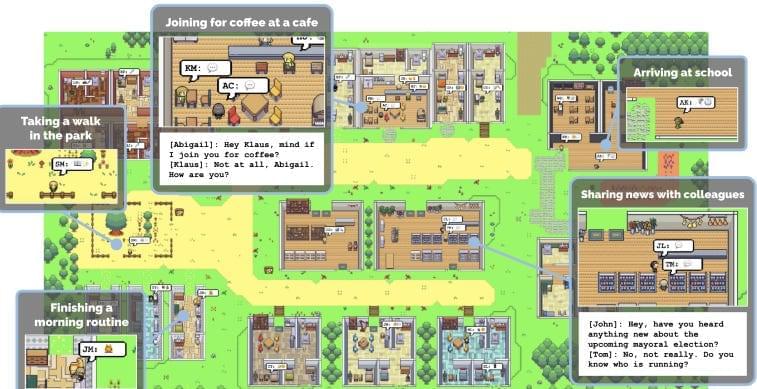
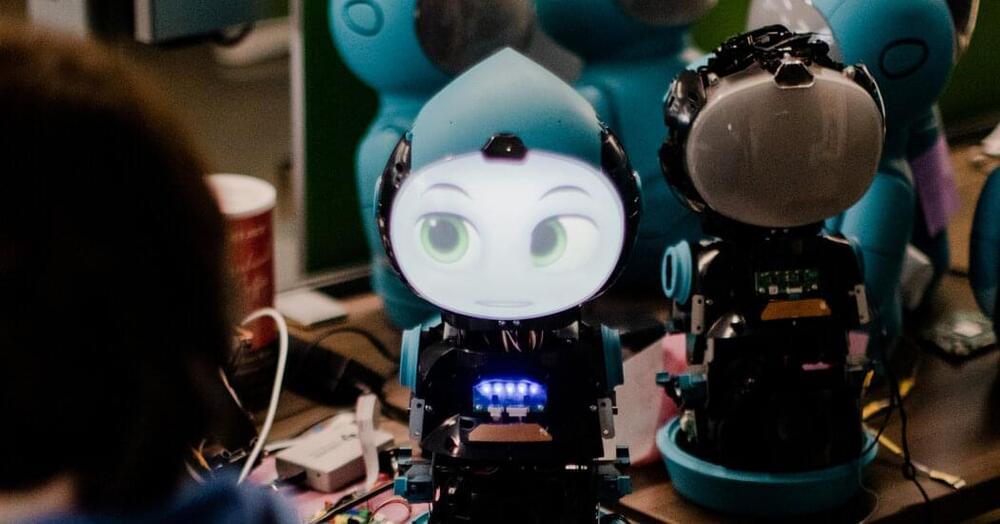
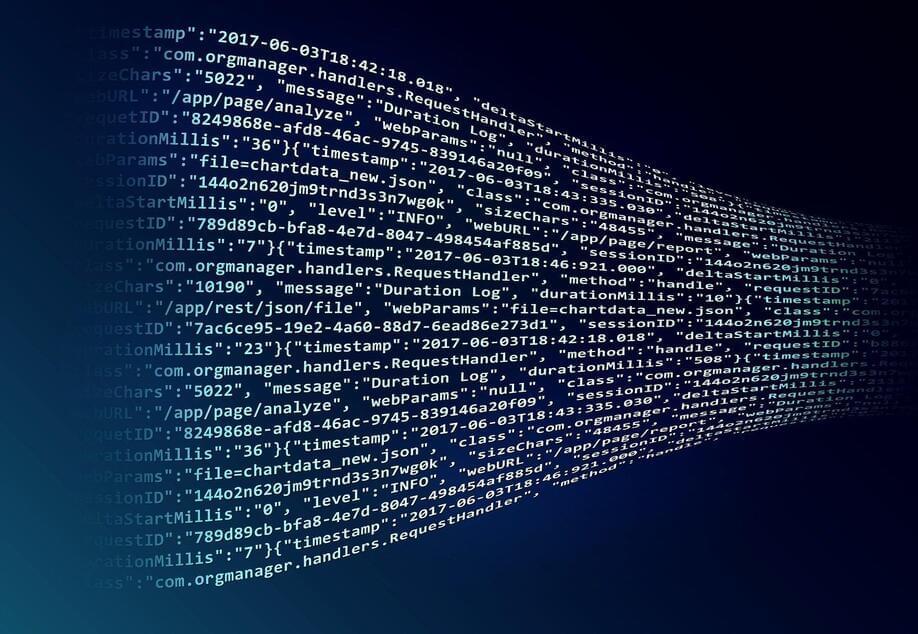
In 1918, the American chemist Irving Langmuir published a paper examining the behavior of gas molecules sticking to a solid surface. Guided by the results of careful experiments, as well as his theory that solids offer discrete sites for the gas molecules to fill, he worked out a series of equations that describe how much gas will stick, given the pressure.
Now, about a hundred years later, an “AI scientist” developed by researchers at IBM Research, Samsung AI, and the University of Maryland, Baltimore County (UMBC) has reproduced a key part of Langmuir’s Nobel Prize-winning work. The system— artificial intelligence (AI) functioning as a scientist—also rediscovered Kepler’s third law of planetary motion, which can calculate the time it takes one space object to orbit another given the distance separating them, and produced a good approximation of Einstein’s relativistic time-dilation law, which shows that time slows down for fast-moving objects.
A paper describing the results is published in Nature Communications on April 12.
Elon Musk has been warning of the dangers of artificial intelligence for as long he can remember and now, it looks like his worst fears might be coming true…
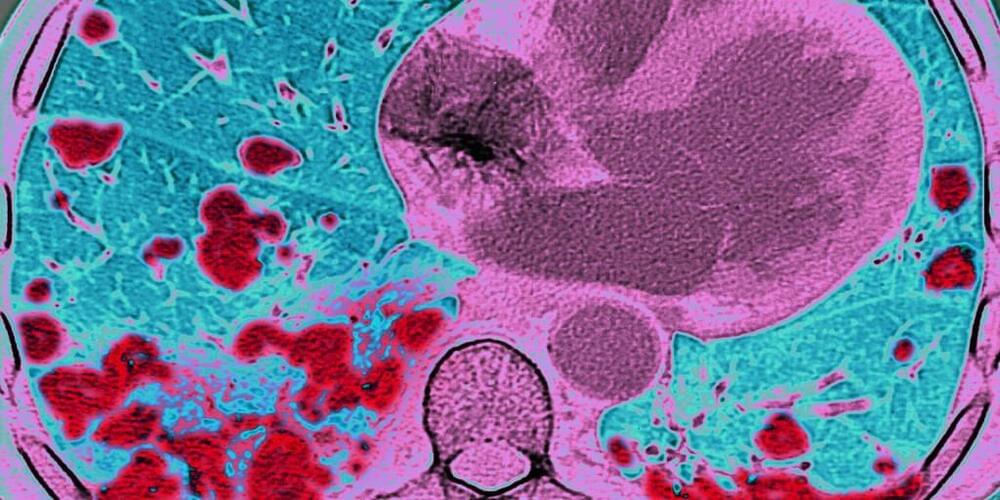
Researchers in Boston are on the verge of what they say is a major advancement in lung cancer screening: Artificial intelligence that can detect early signs of the disease years before doctors would find it on a CT scan.
The new AI tool, called Sybil, was developed by scientists at the Mass General Cancer Center and the Massachusetts Institute of Technology in Cambridge. In one study, it was shown to accurately predict whether a person will develop lung cancer in the next year 86% to 94% of the time.
The Centers for Disease Control and Prevention currently recommends that adults at risk for lung cancer get a low-dose CT scan to screen for the disease annually.
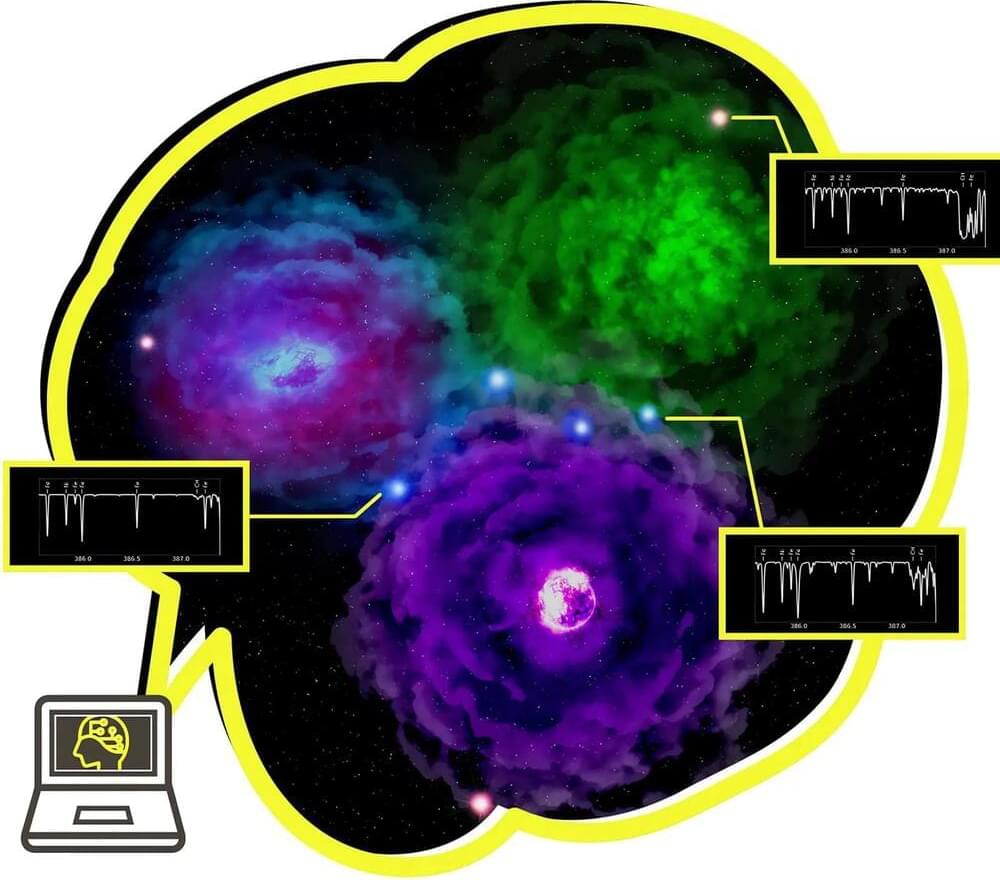
Using artificial intelligence, an international team analyzed the chemical composition of extremely metal-poor stars, finding that the first stars in the Universe were likely born in groups rather than individually. This method will be applied to future observations to better understand the early Universe.
An international team has used artificial intelligence to analyze the chemical abundances of old stars and found indications that the very first stars in the Universe were born in groups rather than as isolated single stars. Now the team hopes to apply this method to new data from on-going and planned observation surveys to better understand the early days of the Universe.
After the Big Bang, the only elements in the Universe where hydrogen, helium, and lithium. Most of the other elements making up the world we see around us were produced by nuclear reactions in stars. Some elements are formed by nuclear fusion at the core of a star, and others form in the explosive supernova death of a star. Supernovae also play an important role in scattering the elements created by stars, so that they can be incorporated into the next generation of stars, planets, and possibly even living creatures.
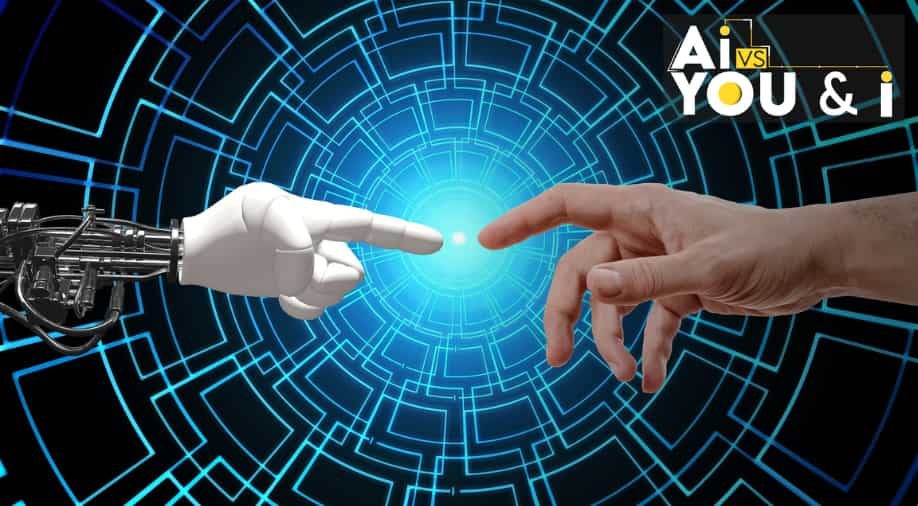
A scientist has claimed that by the end of this year, humans will be able to upload consciousness onto the computer, making it sensible and being aware of and responsive to its own surroundings, but is it possible for a machine to react the way humans do?
Tech guru Dr Pratik Desai said that with enough recorded audio and videos, people will be able to keep their loved ones forever “alive”. Desai urged people to record their elderly parents and loved ones.
Desai is an expert in artificial intelligence and reports mentioned that he has also founded multiple start-ups and even created his own system similar to ChatGPT. He predicted consciousness could be uploaded onto a computer.
